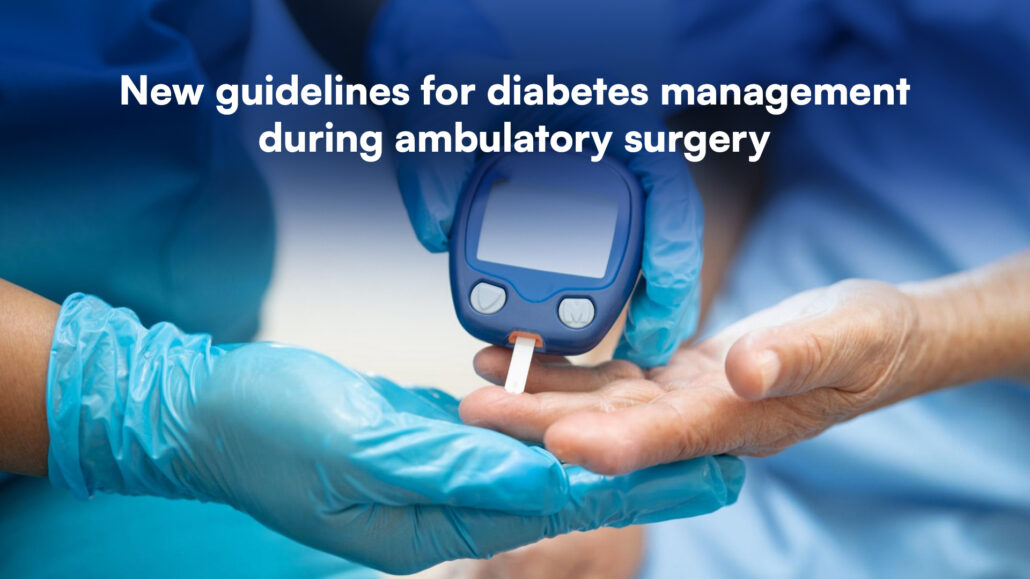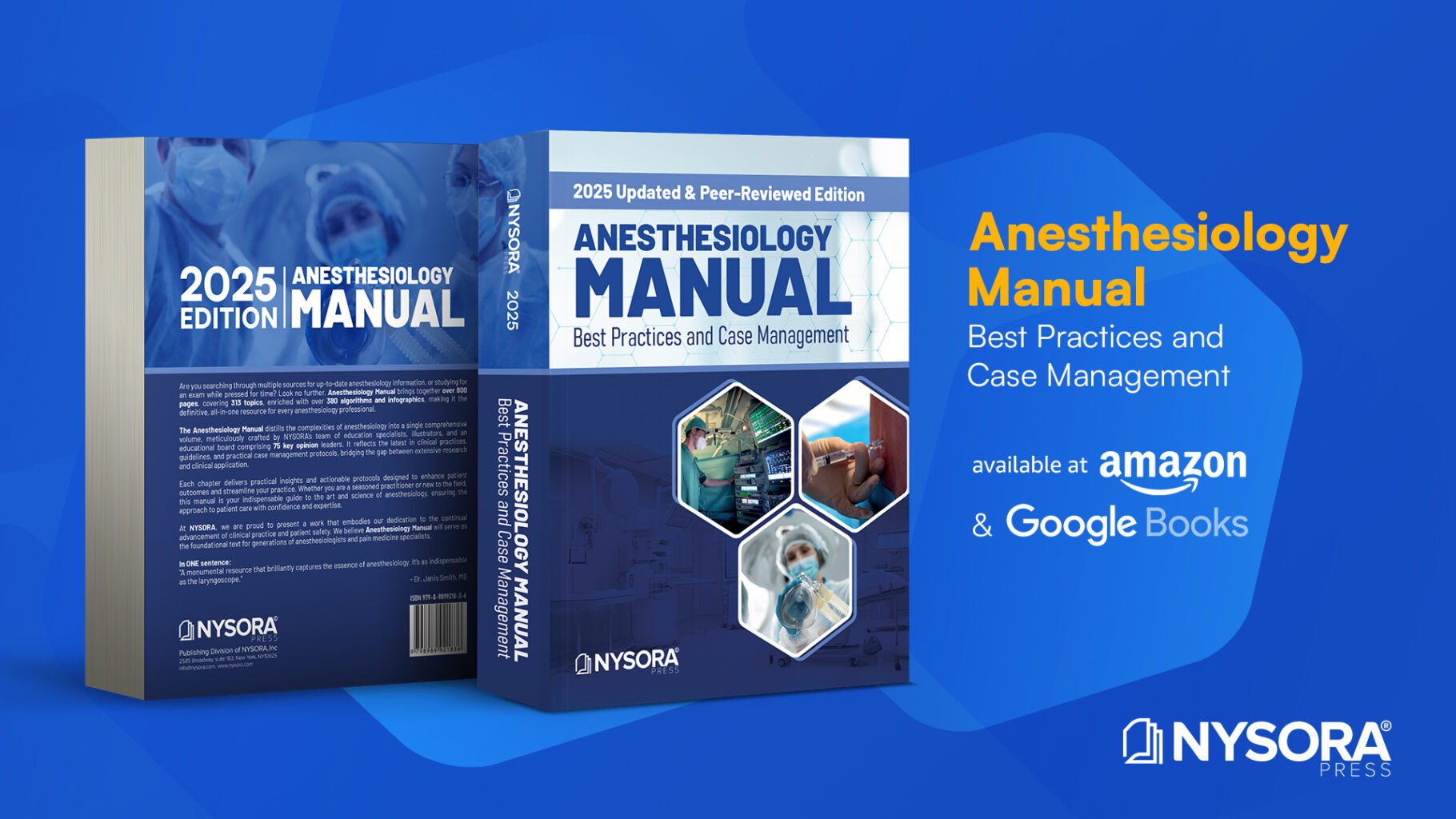
Updated guidelines for perioperative blood glucose management in ambulatory surgery patients with diabetes
The Society for Ambulatory Anesthesia (SAMBA) has recently updated its consensus statement regarding the management of blood glucose (BG) in patients with diabetes mellitus (DM) undergoing ambulatory surgery. This 2024 update replaces the 2010 guidelines, reflecting advancements in diabetes management, particularly the introduction of new hypoglycemic agents, insulin pumps, and continuous glucose monitors (CGM). These updates are critical for optimizing the perioperative care of the increasing number of diabetic patients.
Why blood glucose management matters in ambulatory surgery
The increasing prevalence of diabetes in the United States, affecting 37.3 million adults, poses unique challenges in perioperative care, especially in ambulatory surgery settings. Patients with diabetes often have a higher risk of perioperative complications, such as hyperglycemia, diabetic ketoacidosis (DKA), and other metabolic disturbances. Effective BG management is crucial to minimizing surgical complications and promoting faster recovery in outpatient procedures.
Key points from the updated guidelines
- Preoperative evaluation: The updated guidelines emphasize a thorough preoperative assessment, including the patient’s history of diabetes management, medication use, and complications. Physicians should evaluate:
- The type and duration of diabetes.
- Complications, such as coronary artery disease, peripheral neuropathy, or renal insufficiency.
- Current diabetes management includes oral agents, insulin types, and CGMs or insulin pumps.
- Management of medications:
- Oral Hypoglycemic Agents: Metformin is generally safe to continue unless there are concerns about renal function. Sulfonylureas and meglitinides should be discontinued on the day of surgery to reduce the risk of perioperative hypoglycemia.
- Insulin Therapy: The guidelines suggest adjusting insulin doses depending on the risk of hypoglycemia for insulin-dependent patients. Long-acting insulins can often be reduced by 20% to 25% the evening before surgery to prevent morning hypoglycemia.
Perioperative blood glucose Targets
The guidelines recommend maintaining BG levels between 180–250 mg/dL intraoperatively, based on the invasiveness of the surgery and patient comorbidities. BG management strategies include:
- Subcutaneous insulin is used for most ambulatory procedures, with intravenous insulin reserved for cases of severe hyperglycemia (>300 mg/dL).
- Continuous glucose monitoring (CGM) systems should be used with point-of-care BG meters to ensure accuracy, especially in perioperative periods.
Postoperative Considerations
Postoperatively, the primary goals are to:
- Ensure adequate BG control before discharge.
- Provide patients with instructions on resuming their usual diabetes medications and meal plans.
The guidelines encourage ambulatory surgical centers to develop clear protocols for managing BG levels to enhance patient safety and streamline recovery.
Clinical Implications
These updated guidelines are particularly important in light of the rising number of patients with diabetes and the increasing use of insulin pumps and CGMs. Ambulatory surgery physicians should know the best practices for managing diabetes to optimize outcomes, avoid complications, and ensure patient safety.
Conclusion
The SAMBA 2024 updated consensus guidelines on perioperative blood glucose management offer comprehensive recommendations for managing patients with diabetes undergoing ambulatory surgery. With a focus on individualized care, the guidelines stress the importance of careful preoperative planning, intraoperative monitoring, and postoperative management. By adhering to these updated recommendations, clinicians can ensure safer outcomes and quicker recovery for diabetic patients in ambulatory settings.
For more detailed information, refer to the full article in Anesthesia & Analgesia
Rajan N, Duggan EW, Abdelmalak BB, et al. Society for Ambulatory Anesthesia Updated Consensus Statement on Perioperative Blood Glucose Management in Adult Patients With Diabetes Mellitus Undergoing Ambulatory Surgery. Anesth Analg. 2024;139(3):459-477.
For more information on blood glucose management and diabetes, explore this topic in our newest Anesthesiology Manual: Best Practices & Case Management. Don’t miss out—get your copy on Amazon or Google Books.




